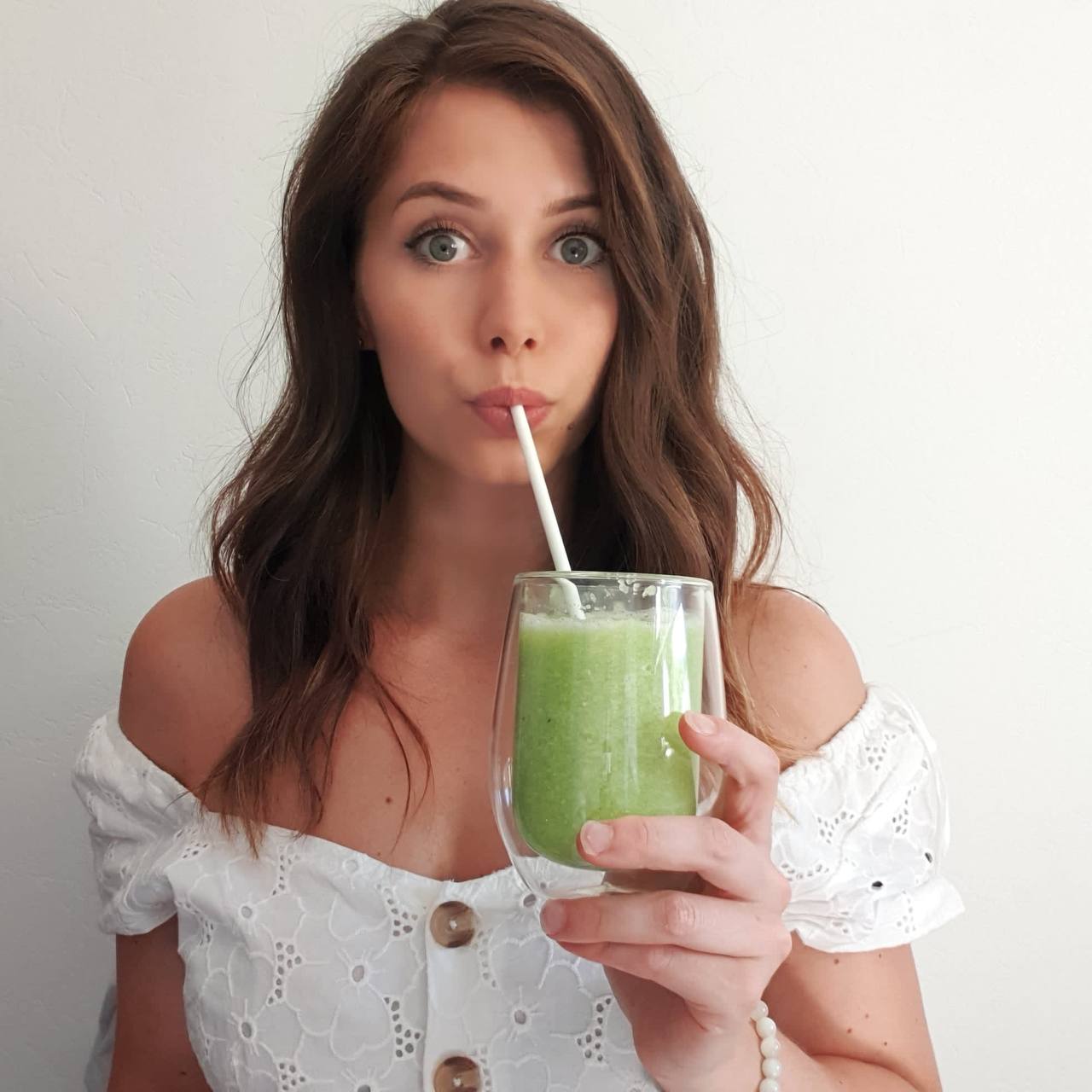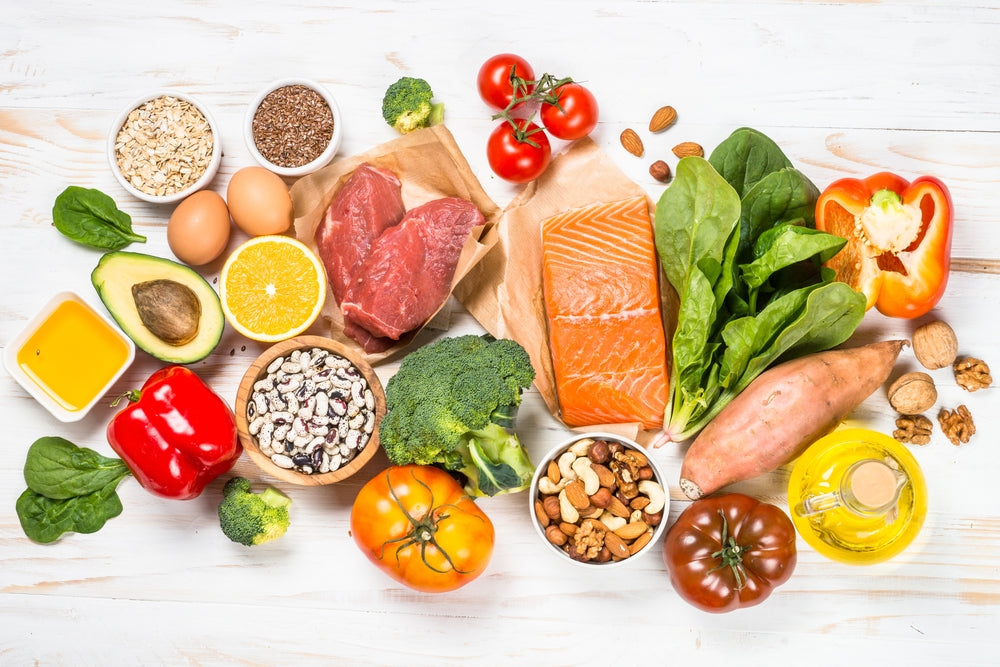The Importance of Prenatal Multivitamins
Most experts agree that taking a prenatal multivitamin supplement is crucial, but many women don't understand why. If there's one takeaway from this article, it should be this: it's highly recommended to start a course of prenatal multivitamins a few months before you plan to become pregnant. The golden rule is simple: take them when you're considering pregnancy, when you're trying to conceive, and once you are pregnant. It's worth noting that these multivitamins aren't solely beneficial during pregnancy.

Achieving Optimal Nutrition
For optimal nutritional health, you need a consistent intake, which can include a balanced diet and supplements. Maintaining essential nutrient levels even before pregnancy is important, as the early weeks are critical. You might not even realize you're pregnant until a few weeks or months have passed. That's why a balanced diet, combined with an early start on prenatal multivitamins, can have a profoundly positive impact. Nutrition plays a critical role during pregnancy, but eating fresh, unprocessed foods should be a lifelong wellness strategy. Pregnancy can be an ideal time to reinforce these healthy habits.

Timing Matters, But It's Never Too Late
According to William Kadmiry, a naturopath, micronutritionist, and Product Manager at Parantaga, "most women find out they're pregnant after four to six weeks, which means after the first 28 days. During those initial 28 days, organs are quickly forming." That said, there's no need to panic if you're already pregnant; taking a prenatal multivitamin is beneficial at any stage of pregnancy.

Food First, Then Supplements
Claire Trommenschlager, a dietitian and nutrition expert at Parantaga, suggests that meeting nutrient needs doesn't have to be complicated. "Aim for a diet rich in whole grains, vegetables, and fruits, and then use supplements to fill in the gaps," she advises. By adopting a food-focused approach to nutrition—one that considers both macronutrients (carbohydrates, healthy fats, proteins) and micronutrients (vitamins and minerals)—you're stacking the deck in your favor.

Eating for Two Isn't Always Enough
What pregnant woman hasn't heard the phrase, "you need to eat for two"? While well-intentioned, this advice can be misleading because it often focuses on calories, not nutrients. Claire Trommenschlager notes that "certain key nutrients like Vitamin D3, folates, choline, and iron may be harder to obtain solely from food." Omega-3 DHA is another example: studies show that fewer than 5% of pregnant women consume the recommended daily amount.
Supplementation Can Fill the Gaps
Supplementing your diet can help address certain essential nutrient needs, which is why taking a prenatal multivitamin early on is highly recommended. Pregnancy Formula is designed to fill the nutritional gaps in your diet by providing the key micronutrients needed during pregnancy. (Psst—don't forget that protein needs are also important to consider during pregnancy and postpartum.)





